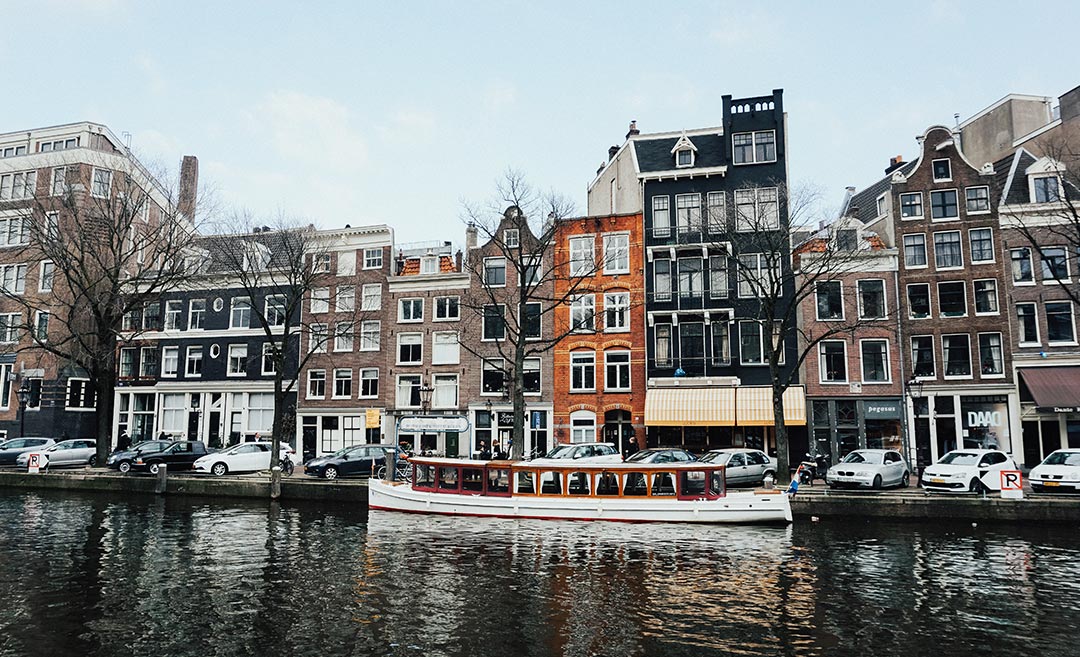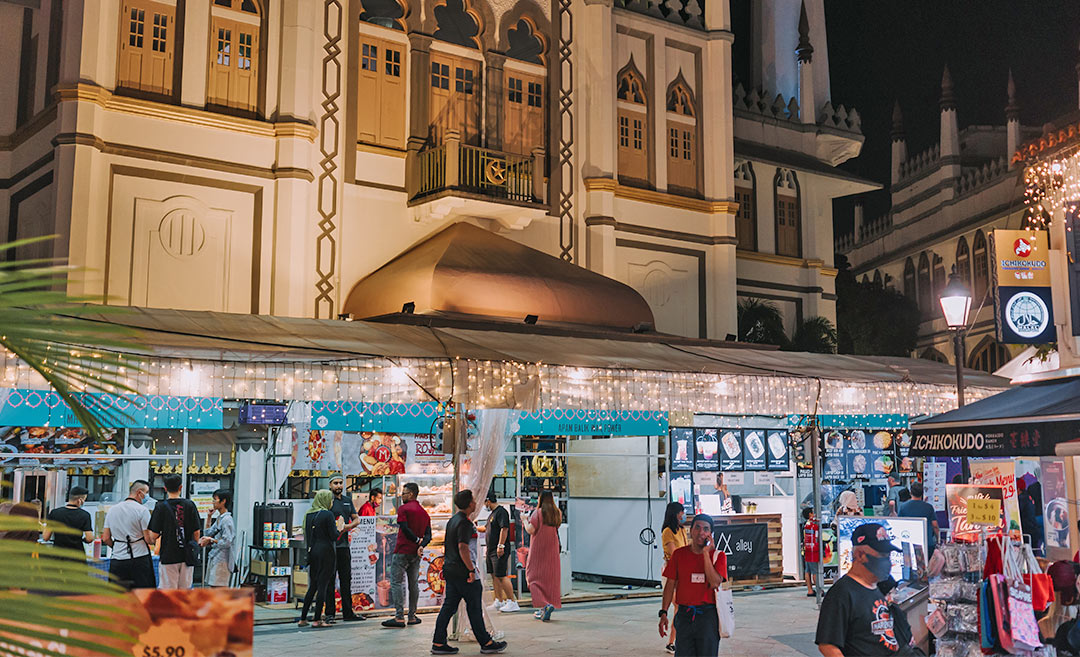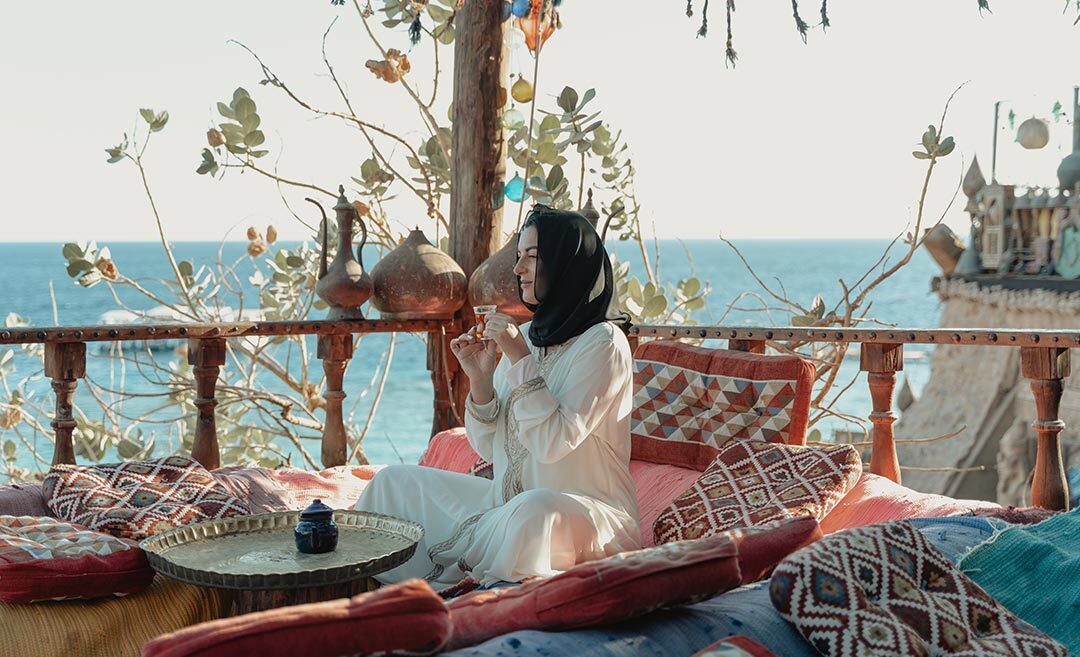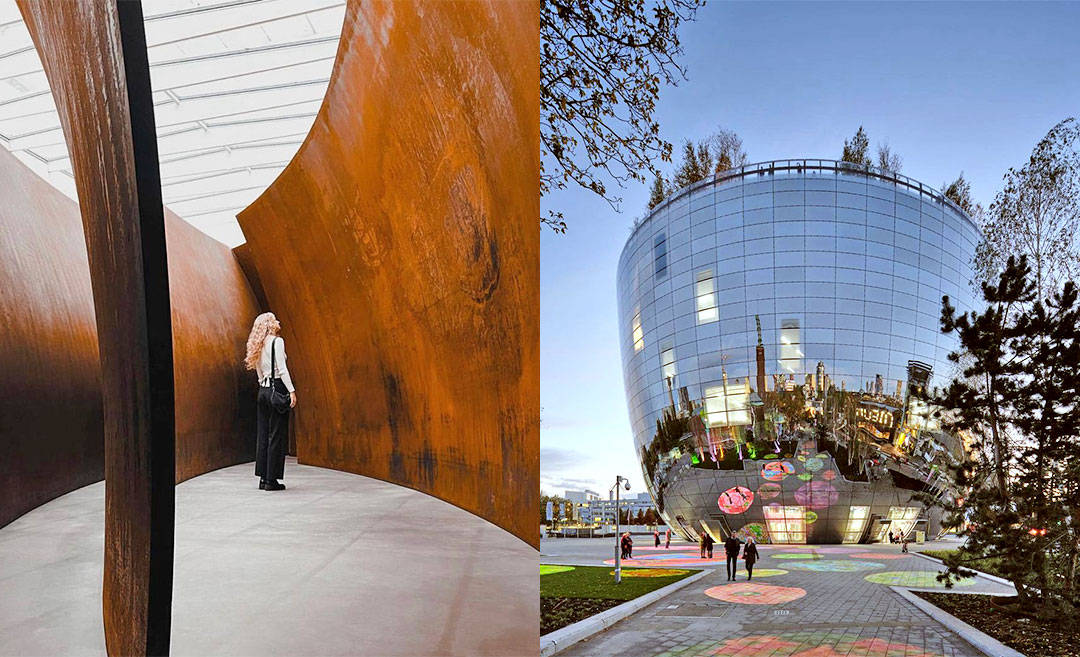A sacred month of blessings and spiritual renewal, Ramadan is observed by billions of Muslims worldwide. As we embark on this annual journey, I observe it away from home and in the Netherlands. Having experienced the holy month in Europe, where familiar traditions aren’t close by, it has taught me a few valuable lessons. Through them, I hope to guide and inspire those experiencing Ramadan in a new environment.
Unlike Malaysia, where fasting hours remain relatively the same yearly, it differs in Europe, coinciding with different seasons across the northern hemisphere. Ramadan shifts approximately 10 days earlier each year, which results in variations in the amount of daylight experience in Europe. The fasting hours here can range from about 10 to 20 hours depending on the time of the year and geographic location. This can be particularly challenging during summer as the days are longer and hotter.
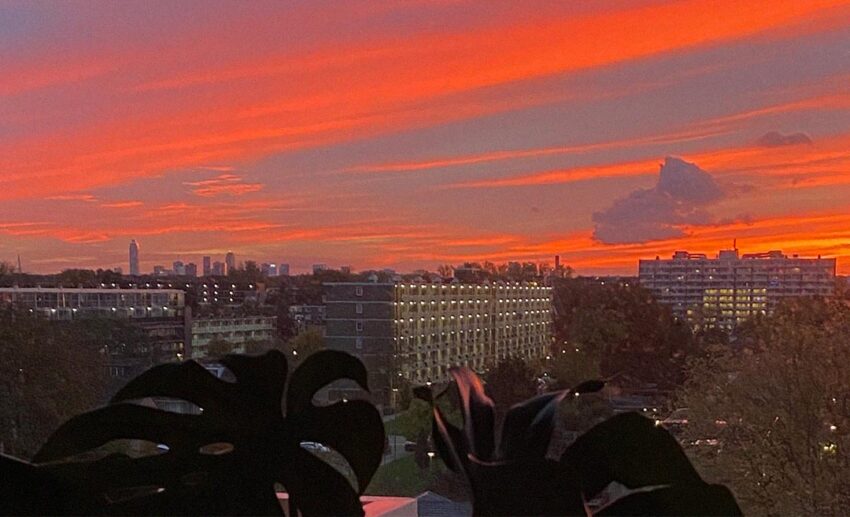
My most challenging Ramadan experience was my first in the Netherlands a couple of years ago. It was during the peak of summer, and I fasted for around 17 hours. As a student then, I was the only one in my class observing, which made it even more challenging to get into the spirit of Ramadan.
This year’s Ramadan falls at the beginning of the spring in Europe, resulting in a shorter fasting time than in previous years. It’s a huge blessing to experience the fasting month in spring, as the season brings a sense of renewal and rejuvenation. Similar to the goals of Muslims observing Ramadan, to strengthen their faith and strive to become the best version of themselves during and after the holy month.
My Ramadan starts at 3:30am for suhoor; first with a cup of water and then with a high protein and complex carbs meal — a bowl of oats, eggs, tofu, or rice. It helps to fuel my body and keep me energised throughout the day. Usually, after breaking my fast around 8pm, I take some time to rest and reflect whilst waiting for the next prayer of the day — a great time to listen to an Islamic talk or read the Quran.
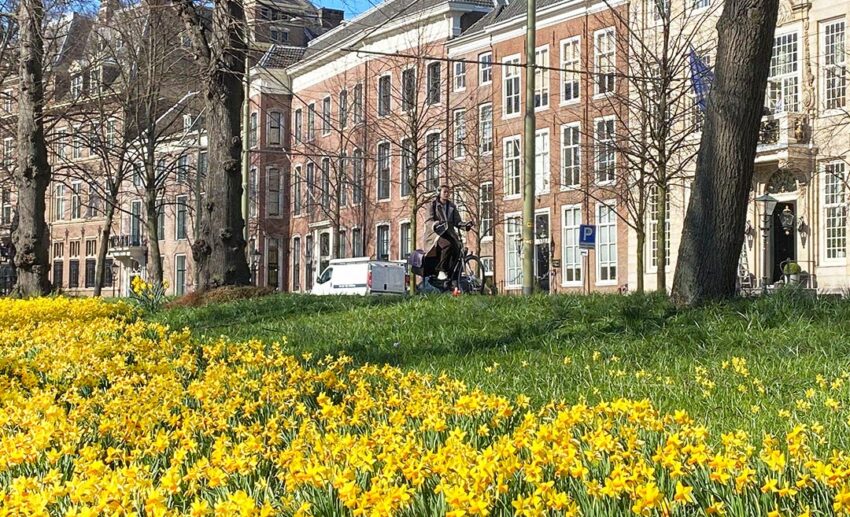
When it’s time for Taraweeh, I usually pray at home with my husband since there’s no nearby mosque where we live. While I miss performing Taraweeh at the mosque, I still find solace in praying at home with my husband, as it creates an intimate spiritual experience together.
Spending Ramadan in a non-Muslim majority country like the Netherlands has been a humbling experience and allowed me to reflect on the meaning of Ramadan truly. Unlike back home in Malaysia, there are no bustling Ramadan bazaars, large gatherings with friends or family, or the sound of the call to prayer from the mosque. Instead, the day proceeds much like any other, except for fasting.
This contrast made me appreciate the simplicity and the essence of the holy month, to focus on practising self-purification and spiritual detoxification. It’s also allowed me to connect with other Muslims observing Ramadan in Europe, like me. If you ever find yourself spending the fasting month in this part of the world, here are things you can do to make the most of your experience.
Decorate your home to feel the spirit of Ramadan
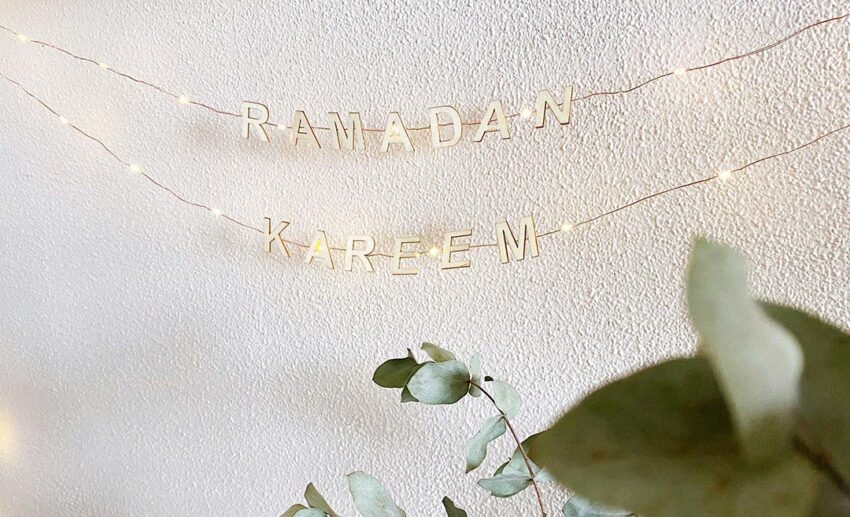
With the absence of Ramadan spirit in Europe, why not create it in your home? Setting my home surroundings to create a festive and spiritual atmosphere has helped me immensely in getting into the spirit of Ramadan!
You can use fairy lights, hanging lanterns, or even make some DIY decorations with your Ramadan goals or reminders to keep you motivated throughout the month. There is nothing you can’t purchase online, so it’s not impossible.
Share your Ramadan experience with your non-Muslim friends
Not everyone is familiar with the concept of Ramadan, and yes, many asked me, “Not even water?” But I didn’t even mind because people were genuinely curious and wanted to understand more about Ramadan and why Muslims worldwide do it yearly. Many of my non-Muslim friends were also interested in joining the fasting experience and enjoyed breaking our fast together.
So, be bold and share your Ramadan experience with your non-Muslim friends or colleagues. You can invite them to iftar or share some of your favourite Ramadan traditions. Promoting cross-cultural understanding helps you feel more supported and strengthen the sense of community, which is very valuable in a foreign place.
Plan your meals and groceries ahead of time
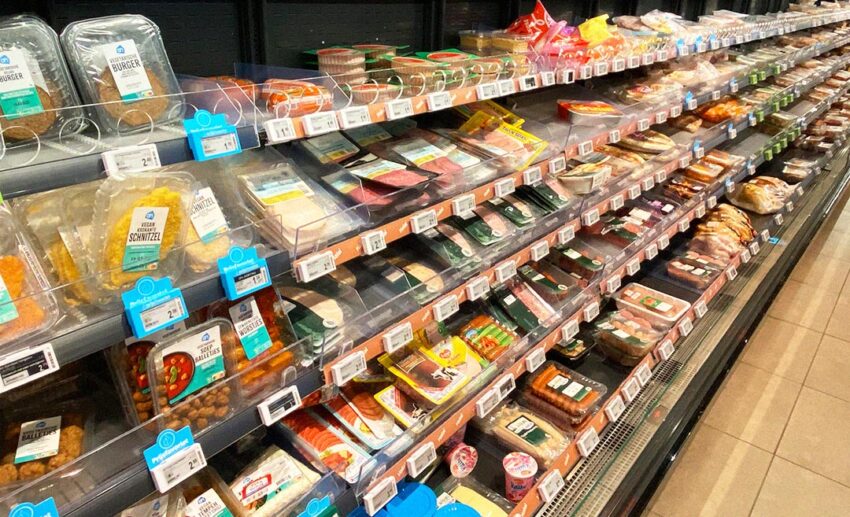
Finding halal food options in some parts of Europe can be quite challenging, so cooking your own meal is ideal. Why not create a weekly meal plan, saving you time and the unnecessary stress of figuring out daily meals? If halal meals are scarce around your area, research for a halal butcher instead.
Thankfully for me, halal options in the Netherlands are relatively easy to find; you can easily find a halal protein section in a local supermarket in most big cities. The availability of halal meat in mainstream supermarkets in this country reflects the growing diversity and acceptance of different cultures and religions within Dutch society, which makes practising Ramadan here easier.
Avoid consuming large portions while breaking fast
It can be tempting to overindulge in food after a long day of fasting, but it is important to remember that moderation is key. When you’ve fasted for long hours, consuming large portions of food can lead to discomfort and feeling lethargic, making it challenging to perform prayers or engage in other spiritual activities.
Instead, opt for smaller meals and break your fast with water, dates, fruits, or yoghurt. Pause for a while to perform Mahgrib prayer and indulge in a slightly bigger meal afterwards. This is key to maintaining healthy eating habits, especially when breaking fast late in the evening.
Take a walk
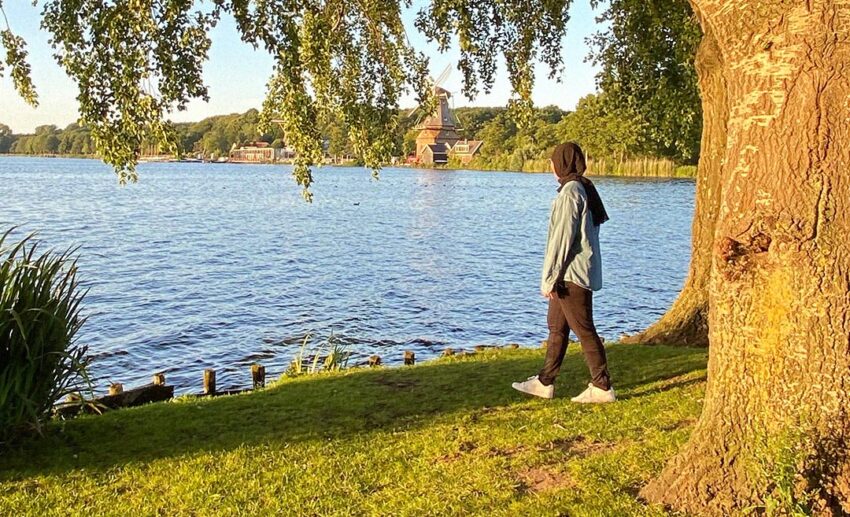
One of the most enjoyable aspects of living in Europe is the opportunity to bask in the pleasant weather, especially during spring. Enjoy a stroll around your neighbourhood or a park in the late afternoon to clear your mind and stay active.
This can be a healthy Ramadan routine as walking helps to increase blood flow and oxygen to the body, helping you to feel less fatigue. So, go for a walk next time you feel like you are hitting a slump during Ramadan!
Find local Muslim organisations for Ramadan events
Many European cities have Muslim organisations organising Ramadan-related events, such as iftar gatherings, Taraweeh prayers, and Islamic talks. This is a great way to connect with fellow Muslims and create a sense of community, which can be especially valuable in areas where the spirit of Ramadan may not be as pervasive.
Through these gatherings, you can uplift your Ramadan spirit and make the holy month all the more meaningful and fulfilling. Selamat berpuasa!

